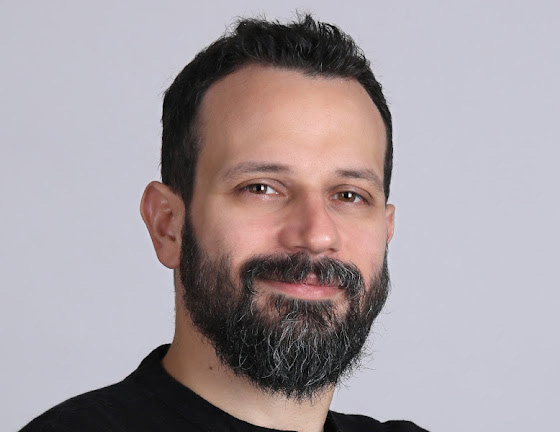Polykarpos Meladianos
Assistant Teaching Professor and Research Scientist
Research Interests
Professor Meladianos' research interests span natural language processing (NLP), large language models (LLMs) and agentic AI systems, retrieval-augmented generation (RAG), graph neural networks and graph mining, real-time summarization, and knowledge representation. Email

Prior to joining MBZUAI, Professor Meladianos led the development of real-world AI systems, including LLM-based chatbots, retrieval-augmented generation pipelines, and fraud detection tools. His current work focuses on agentic architectures, scalable knowledge infrastructures, and real-time AI assistants.
Professor Meladianos is an AI/NLP Engineer with deep industry experience in applied machine learning and natural language processing, having led chatbot and RAG system development using internal LLMs; implemented feedback learning and fine-tuning; and built a multimodal knowledge graph powering RAG. He developed real-time bonus calculation systems and fraud detection using Spark streaming for large-scale ML, created deep learning entity extraction systems for real-time maritime/shipping insights and worked on large-scale text mining, meeting summarization, and deep learning for summarization.
- Ph.D. in Computer Science, Athens University of Economics and Business, Greece
- Data Science Master-M2, École Polytechnique, France
- B.Sc. + M1 in Electrical and Computer Engineering, The Aristotle University of Thessaloniki, Greece
- Graph classification with 2D CNNs, ICANN 2019
- Kernel Graph Convolutional Neural Networks, ICANN 2018
- An optimization approach for sub-event detection and summarization in Twitter, ECIR 2018
- Unsupervised abstractive meeting summarization, ACL 2018
- A Degeneracy Framework for Graph Similarity, IJCAI 2018
- Word embeddings from large-scale Greek web content, arXiv 2018
- K-clique-graphs for dense subgraph discovery, ECML/PKDD 2017
- Matching node embeddings for graph similarity, AAAI 2017
- Real-time keyword extraction from conversations, EACL 2017
- Classifying graphs as images with CNNs, arXiv 2017
- Combining graph degeneracy and submodularity for extractive summarization, 2017